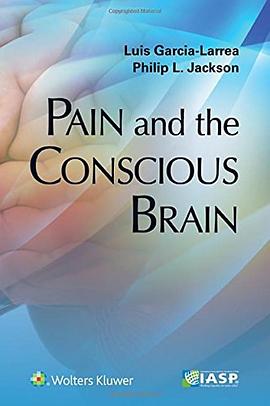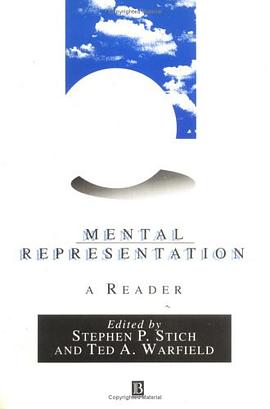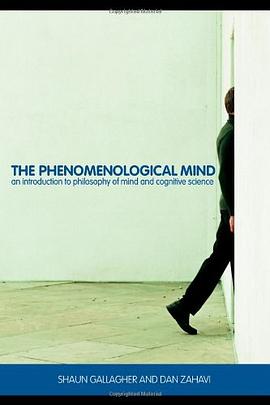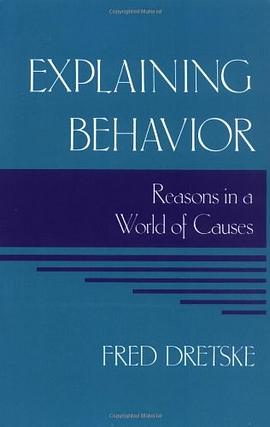

具體描述
It is commonly held that our thoughts, beliefs, desires and feelings - the mental phenomena that we instantiate - are constituted by states and processes that occur inside our head. The view known as externalism, however, denies that mental phenomena are internal in this sense. The mind is not purely in the head. Mental phenomena are hybrid entities that straddle both internal state and processes and things occurring in the outside world. The development of externalist conceptions of the mind is one of the most controversial, and arguably one of the most important, developments in the philosophy of mind in the second half of the twentieth century. Yet, despite its significance most recent work on externalism has been highly technical, clouding its basic ideas and principles. Moreover, very little work has been done to locate externalism within philosophical developments in both analytic and continental traditions. In this book, Mark Rowlands aims to remedy both these problems and present for the reader a clear and accessible introduction to the subject grounded in wider developments in the history of philosophy. Rowlands shows that externalism has significant and respectable historical roots that make it much more important than a specific eruption that occurred in late twentieth-century analytic philosophy.
著者簡介
圖書目錄
1. Introduction: internalism and externalism
2. Cartesianism
3. Idealism
4. The "radical reversal" of idealism
5. The attack on the inner
6. Content externalism
7. The scope and limits of content externalism
8. Externalism and first-person authority
9. Vehicle externalism
10. Externalism and consciousness
11. Externalist axiology
12. Conclusion: externalism, internalism, and idealism
Notes
Bibliography Index
· · · · · · (收起)
讀後感
評分
評分
評分
評分
用戶評價
相關圖書
本站所有內容均為互聯網搜索引擎提供的公開搜索信息,本站不存儲任何數據與內容,任何內容與數據均與本站無關,如有需要請聯繫相關搜索引擎包括但不限於百度,google,bing,sogou 等
© 2025 book.quotespace.org All Rights Reserved. 小美書屋 版权所有




















